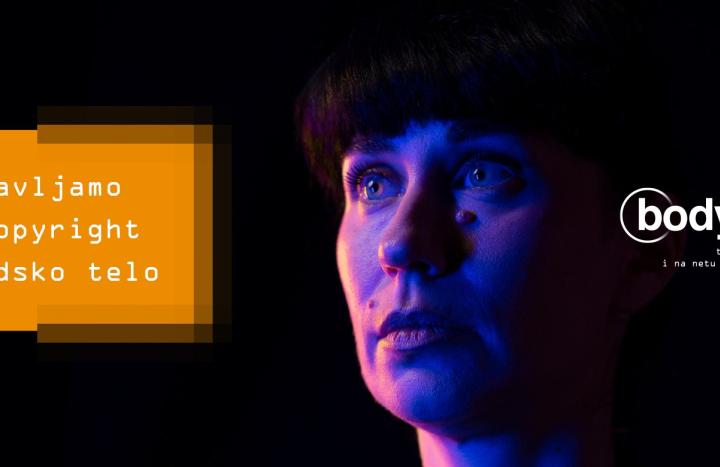17 November 2022 - 17 November 2023
Your body, your bodyright
Claim your bodyright… And let’s end online violence.

UN entities involved in this initiative
UNFPASustainable Development Goals
About the initiative
The Internet can be a hateful, hostile place, particularly for women, girls, racial and ethnic minorities, LGBTQ+ and other marginalized communities who are more likely to have their images abused online.
Such sexualized abuse includes non-consensual sharing of intimate images (also known as “revenge porn,” an objectionable term that suggests a survivor deserved retribution or consented to making pornography), deepfakes (manipulation of imagery using machine learning/AI) and upskirting (taking non-consensual images up a skirt or dress.)
All are forms of digital violence, which is prevalent, repetitive, perpetual and pervasive. The consequences of these violations of a person's privacy, dignity, autonomy and rights are devastating.
Make no mistake: Even when such violence is perpetrated in the virtual world, the fear, anxiety, loss of self-esteem and sense of powerlessness are very real and enduring.
Online misogyny and violence is a widespread human rights violation, yet tech companies and policymakers place greater value and protections on copyright than on the rights of human beings online.
Those who infringe copyright face legal penalties and swift removal of content by digital platforms, while survivors of online violence face barriers and have few legal rights.
This is why UNFPA is launching bodyright, a brand new “copyright” for the human body. It demands that images of our bodies are given the same respect and protection online as copyright gives to music, film and even corporate logos.
See how you can join the campaign and act now and protect your privacy and bodily autonomy in the digital space here.
The national bodyright campaign in Serbia is implemented by the Commissioner for the Protection of Equality and the United Nations Population Fund.
